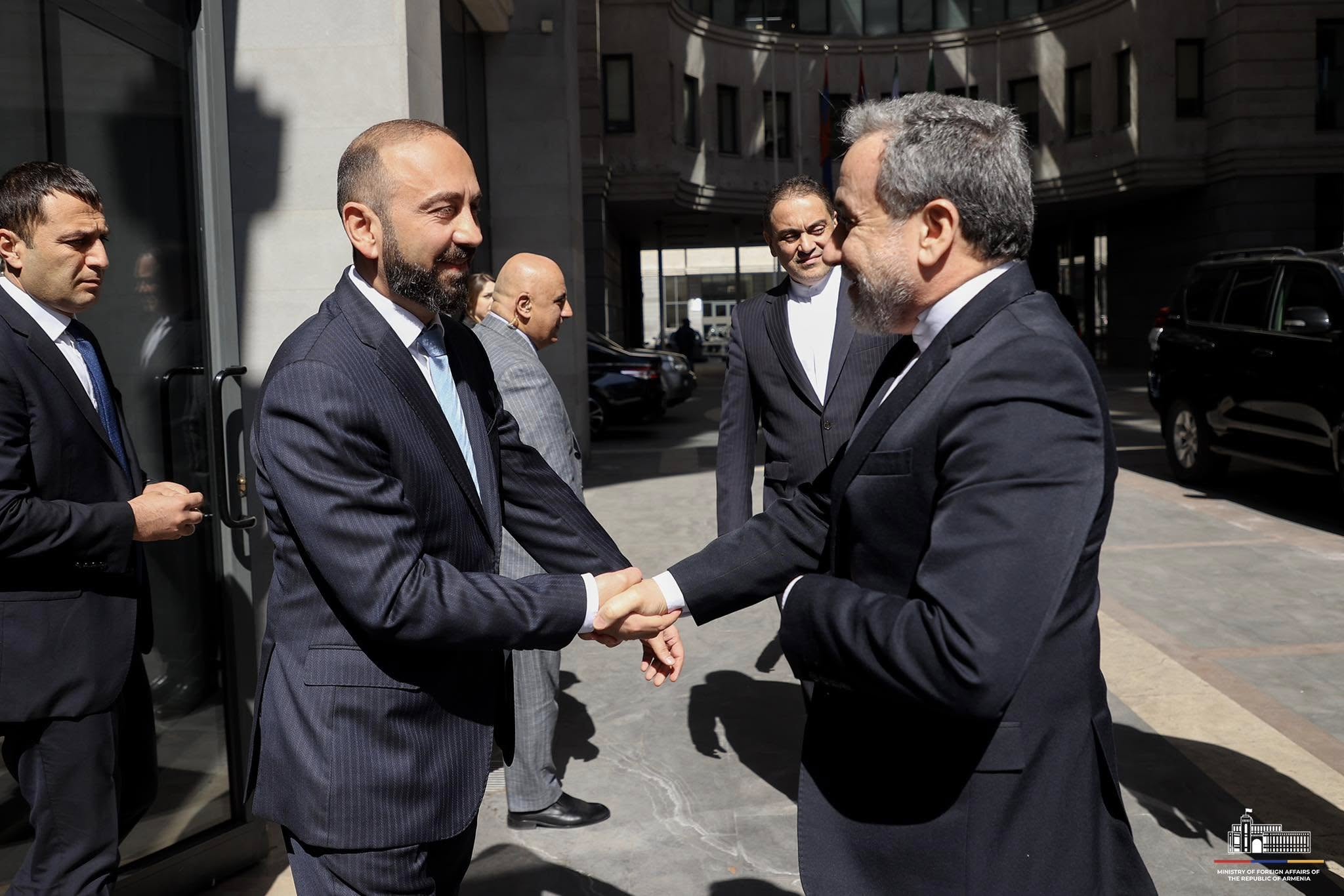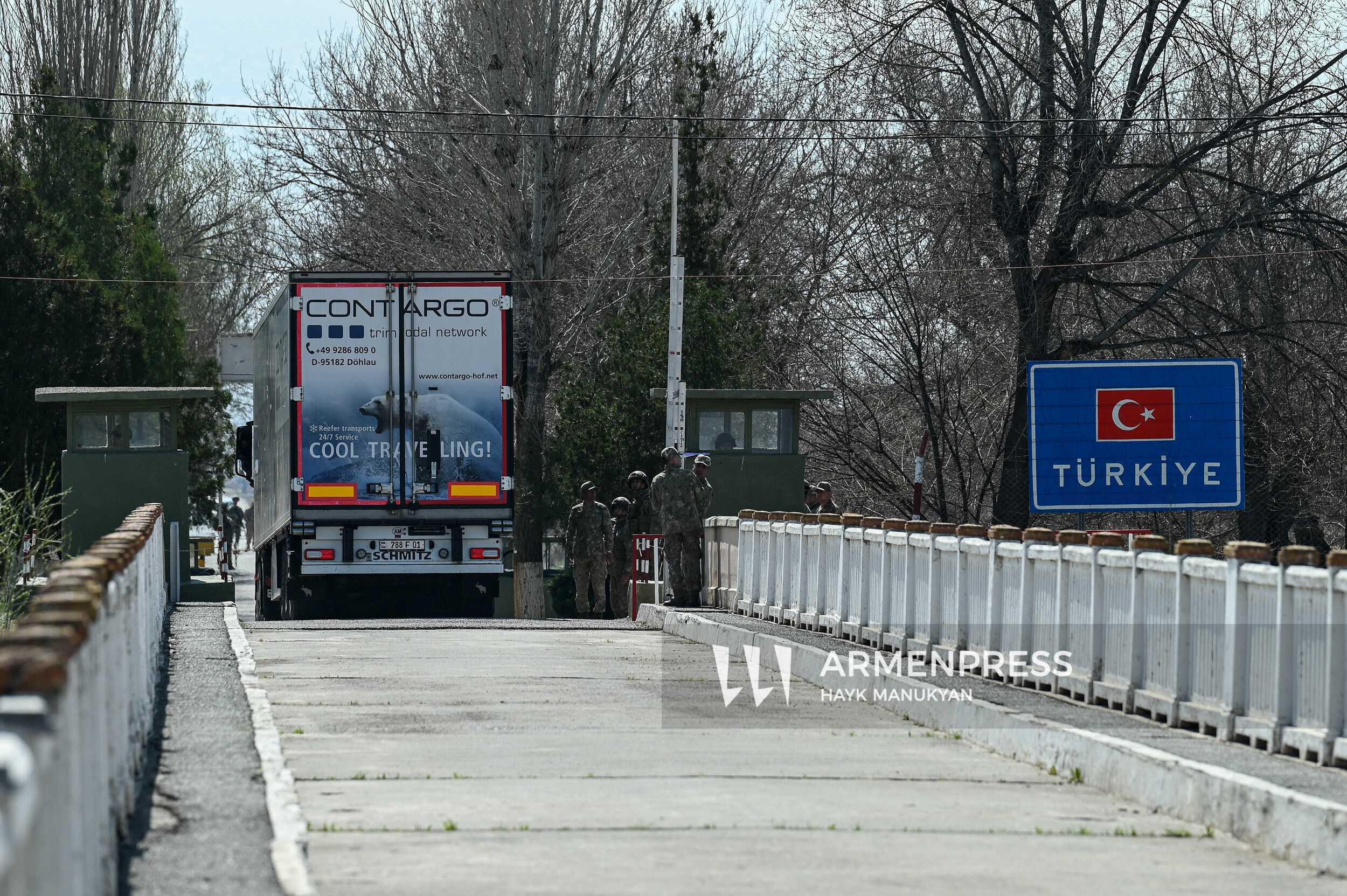'Moscow won’t be able to settle comfortably between Yerevan and Baku': Pashinyan–Rubio conversation
Pashinyan-Rubio phone call
Armenian Prime Minister Nikol Pashinyan held his first direct conversation with U.S. Secretary of State Marco Rubio yesterday. According to reports, the two discussed the Armenia–U.S. strategic partnership and regional issues.
While Armenian analysts are cautious about drawing conclusions from a single phone call, the confirmation of the strategic status of U.S.–Armenia relations by the new U.S. administration has been widely welcomed.
Regarding Armenia–Azerbaijan talks, experts believe the U.S. president could act as a mediator in signing a peace agreement. However, they also point to several key conditions — including the future of Washington–Tehran relations.
The article includes all details known at the time of publication, along with expert commentary from Armenia.
- Armenia ‘does not set goals for escalation’—what about Azerbaijan? Analysis from Yerevan
- How to seize chance for peace? Thomas de Waal on Armenia-Azerbaijan agreement
- ‘Baku seeks to sow doubt in Armenian society over peace treaty’ – expert opinion
- Opinion: ‘If Armenia abandons its red lines, it will only be state on paper’
Statements from Yerevan and Washington on the Pashinyan–Rubio call
According to the Armenian Prime Minister’s Office, Pashinyan briefed Rubio on the negotiation process that led to the finalisation of a peace agreement with Azerbaijan. He stressed that the agreement is ready to be signed.
“The two sides also agreed to continue high-level Armenia–U.S. contacts,” the statement reads.
From Washington, it was reported that the conversation focused on shared interests within the framework of the strategic partnership.
“The Secretary of State welcomed the agreement on a peace treaty with Azerbaijan. He underlined the importance of lasting peace to end the cycle of regional conflict and to ensure security and prosperity in the South Caucasus. The Secretary and the Prime Minister agreed that any form of escalation in the South Caucasus is unacceptable,” said State Department spokesperson Tammy Bruce.
Is Washington turning to Turkey for help?
Armenian experts note that the Pashinyan–Rubio conversation took place against the backdrop of the Iranian foreign minister’s visit to Yerevan and just ahead of the Turkish foreign minister’s visit to Washington. It has already been reported that Hakan Fidan was received by Marco Rubio himself. According to the U.S. State Department, the two discussed the situations in Syria, Ukraine, and the South Caucasus:
“The Secretary of State asked Turkey to support peace in Ukraine and the South Caucasus.”
Rubio also reportedly praised “Turkey’s leadership in the global coalition to defeat ISIS” and reaffirmed the need for close cooperation to support a stable, alternative, peaceful Syria — one that would not become a hub for international terrorism or a corridor for Iran’s destabilising actions”.
Expert commentary
Political analyst Armine Margaryan draws attention to the broader context in which the phone conversation took place — not only the visits of the Iranian and Turkish foreign ministers, but also ongoing negotiations on resolving the war in Ukraine:
“These negotiations are not only about Ukraine, but also about redrawing the future world order and shaping a new one. At such a time, it is more important than ever that our positions, interests and concerns are conveyed to the American side through direct contact.”
Margaryan does not see it as a coincidence that the Pashinyan–Rubio call occurred after the finalisation of the peace treaty text and Azerbaijan’s subsequent new demands, alongside attempts to stir up fresh escalation:
“Azerbaijan’s recent attempts to provoke tensions at the border can be seen as having failed. Meanwhile, Russia’s attempts to act as a mediator between Armenia and Azerbaijan now appear increasingly irrelevant.”
Americanist Suren Sargsyan argues that the Pashinyan–Rubio call alone is not enough to expect active U.S. involvement in the South Caucasus or direct mediation in the Armenia–Azerbaijan peace process:
“It’s more important to follow other phone calls and developments — particularly those between Putin and Trump — as they’re shaping new global realities. In our case, much will depend on the trajectory of U.S.–Iran relations, whether positive or negative.”
He suggests that the U.S. president could indeed act as a peace mediator, but since Trump’s return to office, he sees signs of three possible scenarios:
- Trump may delay negotiations and the signing of an Armenia–Azerbaijan agreement until all credit goes to him personally, rather than the Biden administration.
- Trump may avoid active engagement in the South Caucasus, leaving regional initiatives to the Russia–Turkey–Iran triangle.
- Escalation around Iran could turn the region into an unstable “corridor,” with all the associated risks.
“The U.S. presence used to serve as a balancing and deterring force in the South Caucasus — through soft power, its NATO role, and competition with Russia. All of that has now disappeared. The U.S. must develop new tools to maintain its influence,” Sargsyan concludes.
Political commentator Hakob Badalyan highlights that the Pashinyan–Rubio conversation took place on the same day Iranian Deputy Foreign Minister Abbas Araghchi visited Armenia.
“It might be an overstatement to expect Yerevan to serve as any kind of bridge in U.S.–Iran communication — even in a modest role. But such episodes have occurred before. Of course, those were different times, a different region, a different world. And most importantly, Armenia was a different country, with more strength, weight, and authority. Still, anything is possible depending on the situation and immediate needs,” Badalyan notes.
He interprets the Rubio–Fidan meeting and the U.S. Secretary of State’s “request” as a suggestion “not to obstruct the U.S.–Russia process.”
“The situation in the Caucasus clearly requires close attention. A U.S.–Russia deal carries risks for the region — especially given that the EU and UK, dissatisfied with Trump’s policies, might seek ways to impose costs and force the U.S. to take them into account. The Caucasus, and the Armenia–Azerbaijan conflict in particular, could be part of that pressure strategy.”
Against this backdrop, Badalyan sees Turkey’s inclusion in the peace process as a signal that Washington wants Ankara to ‘play on its team’ — rather than with London and Brussels.
“It’s possible that as part of this, Fidan may be offered certain economic and defence-related incentives during his visit to Washington,” the analyst suggests.























